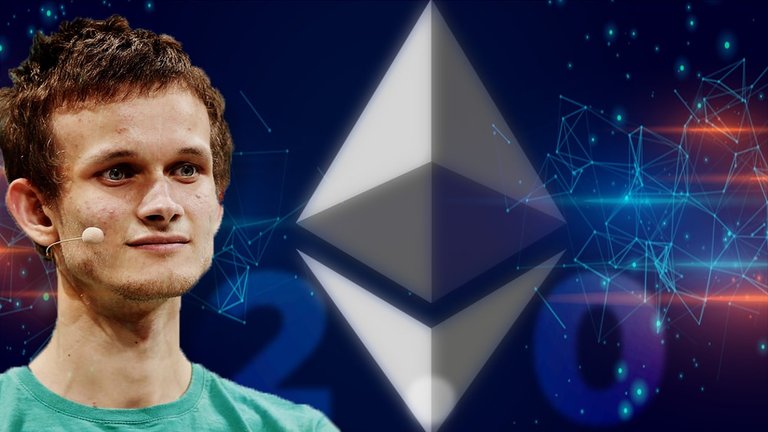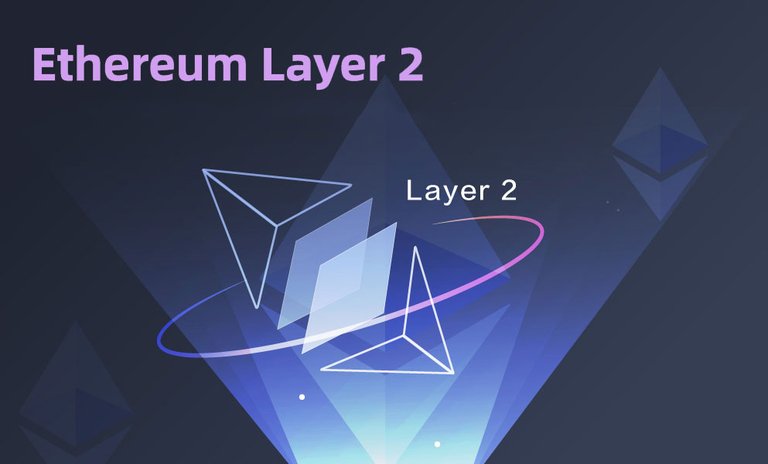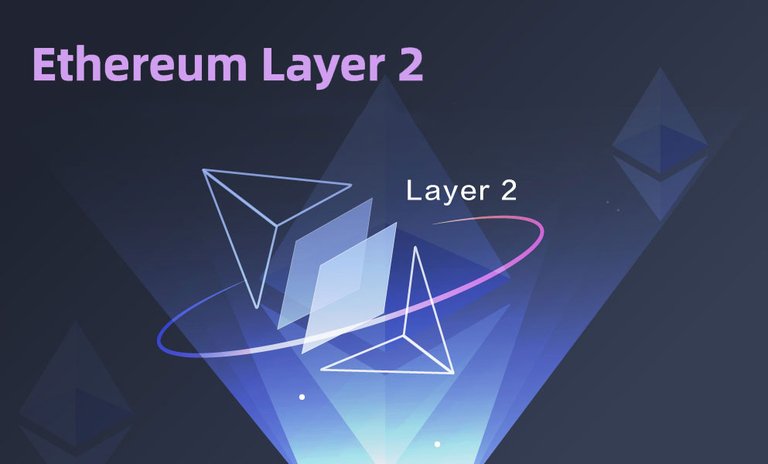
Ethereum co-founder Vitalik Buterin unveiled major leadership reforms within the Ethereum Foundation on January 18. The goal is to prioritize technical expertise, foster collaboration with decentralized application developers, and align the Foundation’s actions with Ethereum’s core values: decentralization, censorship resistance, and privacy.
In a post shared on X (formerly Twitter), Buterin emphasized the Foundation’s commitment to remaining apolitical, explicitly rejecting involvement in political lobbying or ideological agendas. This decision underscores the Foundation’s role as a neutral steward of Ethereum’s decentralized ecosystem.
Criticism Sparks Leadership and Policy Reforms
The leadership overhaul comes after a turbulent 2024, during which the Ethereum Foundation faced criticism for its spending practices, roadmap delays, and personnel policies.
A significant controversy arose in May 2024, when it was revealed that prominent Ethereum researchers, including Justin Drake and Dankrad Feist, had accepted paid advisory roles at EigenLayer Foundation, creating potential conflicts of interest.
To address these issues, the Ethereum Foundation introduced a conflict-of-interest policy, prompting Drake to resign in November 2024. In his public apology to the Ethereum community, Drake committed to avoiding future advisory roles, angel investments, and similar engagements.

Layer-2 Growth and Base Layer Challenges
The Ethereum ecosystem saw significant technical advancements with the Dencun upgrade in March 2024, which reduced layer-2 transaction fees by 99%. This upgrade triggered an explosion of layer-2 rollups, with the number of such networks growing to 55, according to L2Beat.
While these developments improved scalability and adoption, they also raised concerns. Stakeholders warned that layer-2 networks were cannibalizing revenue from Ethereum’s base layer. During the summer of 2024, Ethereum’s base-layer network revenues fell by 99%, sparking debates about the sustainability of the ecosystem. However, revenues rebounded by year-end, as reported by Token Terminal.
This dynamic highlights the tension between layer-2 scalability and base-layer economics, underscoring the need for better revenue-sharing models to ensure the long-term health of the Ethereum network.
Buterin’s Advocacy for Tornado Cash Developers
In addition to Foundation reforms, Buterin has actively supported Tornado Cash developers Roman Storm and Alexey Pertsev, who face serious legal challenges. In December 2024, Buterin donated 50 ETH (approximately $170,000) to their legal defense fund via the Juicebox project, “Free Pertsev and Storm.” This donation constitutes 25% of the $650,000 available through JusticeDAO, a community-led initiative funding their legal battles.
This is not Buterin’s first contribution; in October 2024, he donated 100 ETH (valued at $240,000), signaling his consistent backing for the developers.
The legal troubles for Tornado Cash began in 2022, when Dutch authorities arrested Pertsev, charging him with money laundering for his involvement in the cryptocurrency mixing service. In May 2024, Pertsev was convicted and sentenced to over five years in prison, though he is appealing the decision. Meanwhile, U.S. prosecutors charged Storm and co-developer Roman Semenov with money laundering, sanctions violations, and fraud. Storm is set to stand trial on April 14, while Semenov remains at large.
Buterin’s actions reflect growing concerns within the crypto community over government overreach and its impact on developers working on privacy-enhancing technologies.

Buterin Urges Responsible Discourse on X
Amid his active involvement in Ethereum and broader crypto issues, Buterin has also called for more responsible discourse on social media. In a December 31 post, he responded to controversial remarks by Elon Musk about foreign tech workers in the U.S., urging Musk to “turn down the temperature” in his discussions. While acknowledging Musk’s commitment to free speech, Buterin emphasized the importance of maintaining a balanced and constructive tone on platforms like X.
A Vision for Ethereum’s Future
Through leadership reforms, advocacy for decentralized principles, and support for embattled developers, Vitalik Buterin continues to steer Ethereum toward its long-term vision. However, challenges such as conflicts of interest, layer-2 scalability debates, and regulatory scrutiny will require careful navigation to ensure Ethereum’s decentralized ethos remains intact while fostering innovation and inclusivity.